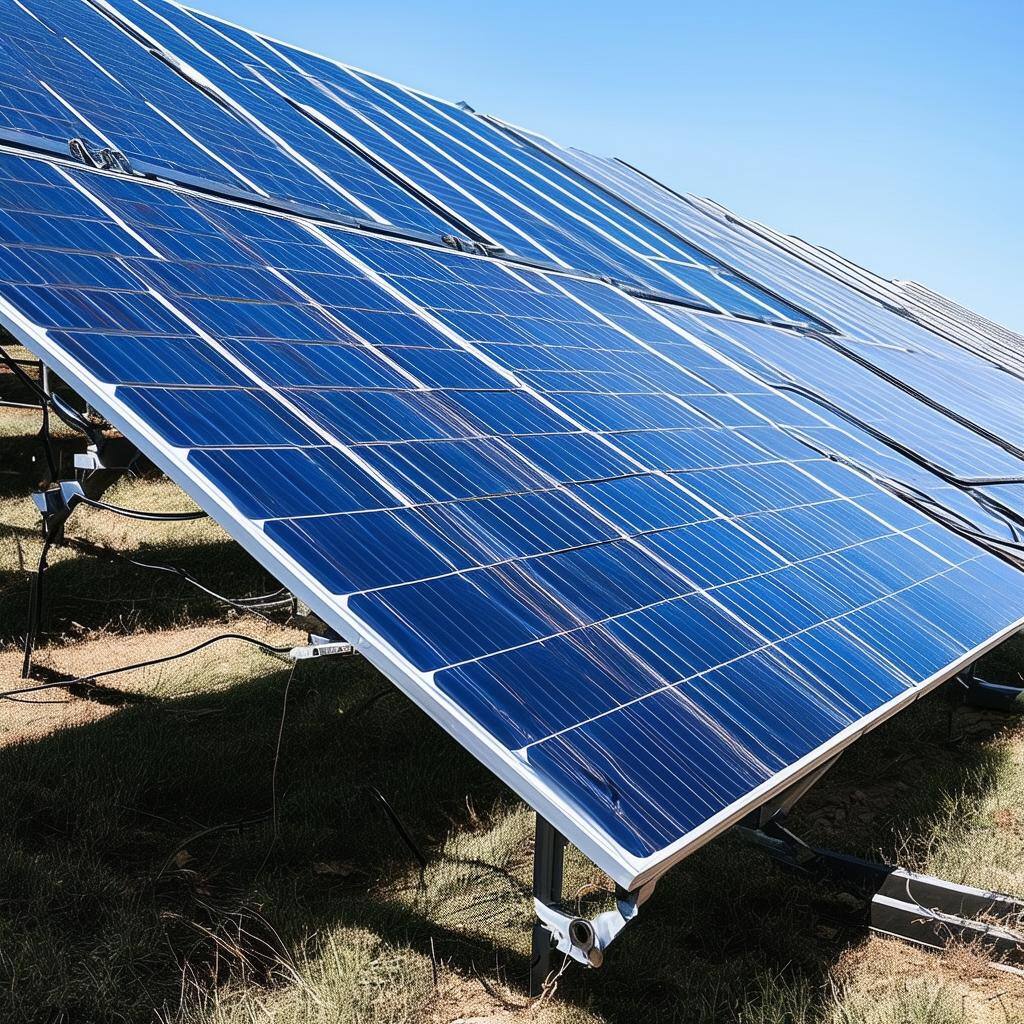Solar power equipment is a cornerstone for businesses and organizations aiming to reduce energy costs and embrace sustainable practices. From solar panels and inverters to battery storage systems, the upfront costs of solar equipment can be substantial. Financing and leasing options provide a practical solution for acquiring solar power systems without large initial expenditures, enabling companies to transition to renewable energy while maintaining financial flexibility.
Why Finance or Lease Solar Power Equipment?
Investing in solar energy is both a financial and environmental decision. Financing or leasing solar equipment helps businesses access cutting-edge technology and reduce their carbon footprint without the financial burden of upfront costs.
Key Benefits:
- Cost Savings:
- Reduce or eliminate energy bills with solar power while spreading acquisition costs over time.
- Tax Benefits:
- Eligible for federal, state, and local tax incentives, including the Federal Solar Investment Tax Credit (ITC).
- Preserve Capital:
- Avoid draining cash reserves by opting for affordable monthly payments.
- Energy Independence:
- Reduce reliance on grid electricity and protect against fluctuating energy costs.
- Sustainability:
- Demonstrate a commitment to environmental stewardship, appealing to eco-conscious customers.
Types of Solar Power Equipment Eligible for Financing & Leasing
- Solar Panels:
- Photovoltaic (PV) modules that convert sunlight into electricity.
- Inverters:
- Devices that convert DC electricity from panels into usable AC power.
- Battery Storage Systems:
- Store excess energy for use during peak times or outages.
- Solar Mounting Systems:
- Roof, ground, or pole-mounted systems for installing solar panels.
- Monitoring Equipment:
- Systems that track energy production and usage.
- Hybrid Solar Systems:
- Integrated setups combining solar panels, batteries, and grid connectivity.
- Off-Grid Solar Systems:
- Fully independent systems for remote locations.
Financing vs. Leasing Solar Power Equipment
Financing
- What It Is:
- A loan that allows you to pay for the solar equipment over time, resulting in full ownership.
- Best For:
- Companies seeking long-term use of the equipment and the benefits of ownership.
- Advantages:
- Equipment ownership and eligibility for depreciation.
- Potential for higher long-term savings compared to leasing.
- Freedom to customize the system.
- Disadvantages:
- Higher upfront costs and maintenance responsibilities.
Leasing
- What It Is:
- Renting the solar power system for a fixed period, with options to buy, upgrade, or return it at the end of the lease.
- Best For:
- Businesses seeking flexibility or unable to commit to ownership.
- Advantages:
- Minimal upfront costs.
- Maintenance is often included in the lease.
- Flexibility to upgrade to newer technology.
- Disadvantages:
- No ownership unless a buyout option is exercised.
- Long-term costs may exceed financing.
Types of Solar Equipment Leasing Options
- Operating Lease:
- Ideal for short-term use with lower monthly payments. Ownership remains with the leasing company.
- Capital Lease:
- Designed for eventual ownership, with higher monthly payments and transfer of ownership at the lease’s end.
- Power Purchase Agreement (PPA):
- Pay only for the energy produced, with the provider owning and maintaining the equipment.
- $1 Buyout Lease:
- Ownership transfers to the business for $1 at the end of the lease term.
How to Secure Solar Power Equipment Financing or Leasing
- Assess Energy Needs:
- Conduct an energy audit to determine your power requirements and the optimal solar system size.
- Set a Budget:
- Identify your financial capacity and preferred payment structure.
- Research Providers:
- Partner with lenders or lessors experienced in renewable energy projects.
- Explore Incentives:
- Look into tax credits, grants, and rebates that offset installation costs.
- Prepare Documentation:
- Gather financial records, energy consumption data, and a proposal for the solar project.
- Submit an Application:
- Present a compelling case highlighting cost savings and sustainability benefits.
- Review Contract Terms:
- Examine payment schedules, maintenance responsibilities, and ownership options.
Benefits of Solar Power Equipment Financing & Leasing
- Scalability:
- Expand your system as your energy needs grow.
- Immediate Savings:
- Start reducing energy bills from day one without waiting to recoup costs.
- Predictable Costs:
- Fixed monthly payments simplify financial planning.
- Access to Incentives:
- Financing or leasing often qualifies you for solar tax credits and rebates.
- Enhanced Property Value:
- Solar installations increase the resale value of commercial properties.
- Eco-Friendly Branding:
- Position your business as a leader in sustainability.
Industries That Benefit from Solar Financing & Leasing
- Retail and Hospitality:
- Reduce operating costs with clean energy.
- Manufacturing and Warehousing:
- Offset high energy demands with solar power.
- Agriculture:
- Power irrigation systems, barns, and processing equipment sustainably.
- Education and Nonprofits:
- Leverage tax-exempt financing options and grants.
- Real Estate Development:
- Enhance property appeal with eco-friendly energy solutions.
Conclusion
Solar power equipment financing and leasing are excellent strategies for businesses to harness renewable energy without a significant upfront investment. By choosing the right option for your needs, you can reduce energy costs, capitalize on tax incentives, and demonstrate environmental responsibility. Whether through financing for ownership or leasing for flexibility, solar power is a smart and sustainable choice for businesses of all sizes.






